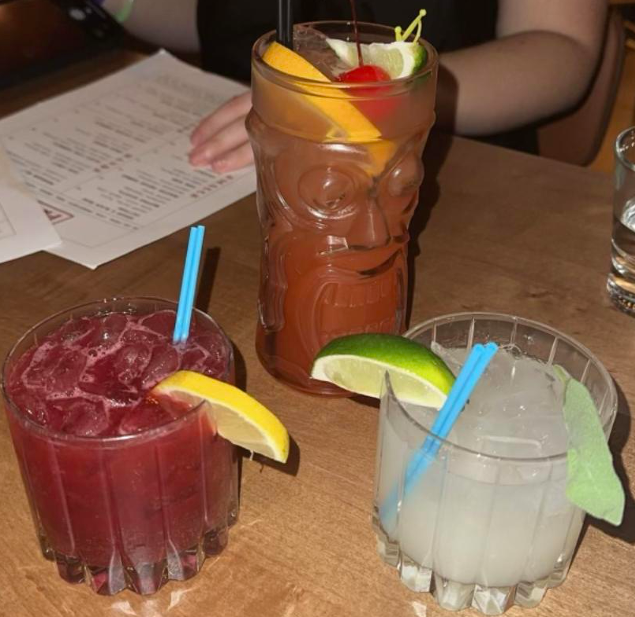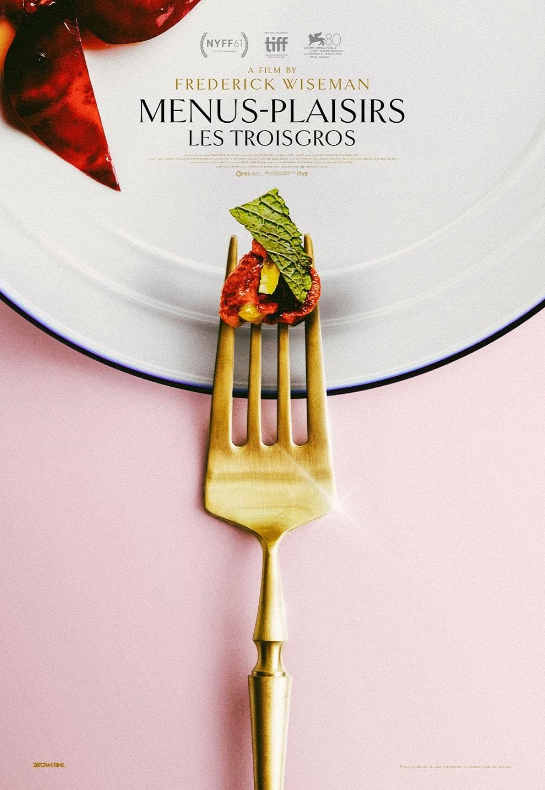
Organic food has come a long way in the last decade. It used to be that people could only bring home organic foods from specialty farmers markets and health food stores, but now major grocery store shelves and freezers are filled with organic products to meet the growing demand from consumers. Eating organic has turned into a trend that is believed to have benefits that eating non-organic does not.
In order for food to be labeled organic by the United States Department of Agriculture, it must abide by strict regulations. All foods must be free of synthetic chemicals such as pesticides, fertilizers, preservatives and antibiotics, as well as grown without the use of genetically modified organisms and sewage sludge. Organic livestock is required to have full access to pastures and is not permitted to have been treated with growth hormones or genetically modified feed.
Organic foods are believed to be cleaner and safer because of the absence of these harmful chemicals that can cause health problems. The Organic Consumers Association states that pesticides may be the cause of breast cancer, asthma and early puberty, and that the sewage and drugs that are fed to non-organic livestock is associated with risks for prostate and testis cancer and Alzheimer’s disease.
Aside from the health problems that eating organic prevents, the OCA also says that organic food is more nutritious in vitamins and minerals than non-organic food is, and provides more antioxidants and vitamins C, D and E. Organic food is better for the environment as well because pesticides and fertilizers that are used on non-organic farms contaminate primary drinking water sources when they are washed into them, and studies have proven that such chemicals can disrupt and impair the wildlife that come in contact with them. Eating organic also supports small family-owned farms because there is less disparity between what comes off the farm and what makes it to the table.
However, there are people who do not consider eating organic to be beneficial at all. Jayson Lusk, from the Department of Agricultural Economics at Oklahoma State University, strongly advises people not to buy and eat organic. He argues that organic foods are too expensive, usually doubling the price of non-organic foods, and that the extra money can be spent on more practical things. He says that organic farmers do in fact use chemicals, and although they claim to be “natural,” there is no way for a consumer to know exactly how much and what fertilizers and pesticides there could be in an organic product. Additionally, the cancer-reducing effects of many fruits and vegetables outweigh the cancer-increasing effects of chemicals. And he says there is no proof that organic foods taste better than non-organic foods like many people assume to be true.
The argument between the benefits of organic eating compared to non-organic eating will continue to be heavily debated. It is up to the consumers to decide the truth and choose for themselves.
Hae Young Yoo can be reached at [email protected].













Brodie Ponto • Nov 24, 2015 at 10:35 am
Organic food is a waste of money think that if we’ve been living with the chemical engineered crops for more then 32 years then what is the difference we are still alive we have been eating these GMO crops for over 32 years and we are fine. But yet again if you wanna stay organic and eat organic foods go ahead it isn’t bad for you but it is open to more and more pesticides as we know it, and it can have a higher chance of catching a virus or disease.
Brown guy out>
Brandino • Oct 18, 2013 at 5:39 pm
Lusk’s Huffington Post article “Why You Shouldn’t Buy Organic” mostly rests on three straw men: i) pro-organic consumers claim that organic foods involve no pesticides, ii) pro-organic consumers claim organic foods to be more nutritious than non-organic foods, iii) pro-organic consumers claim organic foods to taste better.
response to i) Organic foods do not require no pesticides to be used; they simply require a smaller number of pesticides. response to ii) Sure, no studies have yet proven them to contain more Vitamin x than their traditional counterparts, but supposed lack of additional nutritional value does not mean there aren’t far fewer disease-causing chemicals. response to iii) He ignores that organic is usually combined with local and the “know your farmer” concept. Anyway, taste isn’t exactly the point …
Two points about these foods being more expensive are relevant right now, but Lusk ignores that organics have become and will become cheaper as demand has grown and continues to grow.
His article only says things such as “organic is not more x than traditional foods.” If anyone were to believe everything Lusk says, then they come away with the impression that organic foods are exactly equal in all of those properties with traditional foods. If one were to disbelieve anything he says and exclude money as a factor, then organic foods are at the very least better than their traditionally grown counterparts.
Amy Pearson • Oct 17, 2013 at 8:24 am
Our ancestors before have planted naturally and they’ve been healthy why are we relying so much with GMO food crops?